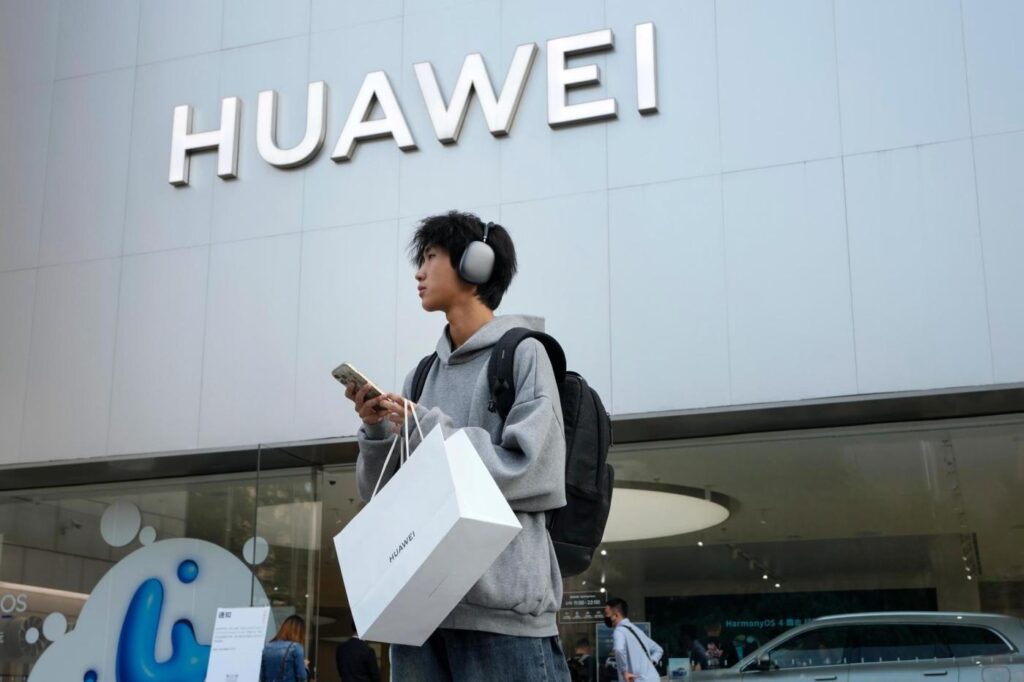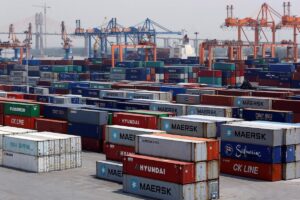
BANGKOK (AP) — A U.S. judge has ruled that Huawei Technologies, one of China’s leading telecommunications companies, must face criminal charges in a sweeping case that accuses it of technology theft, racketeering, wire and bank fraud, among other crimes. U.S. District Judge Ann Donnelly rejected Huawei’s request to dismiss the allegations in a 16-count federal indictment, stating in a comprehensive 52-page ruling that the company’s arguments were premature.
The decision marks a significant development in the ongoing legal battle between Huawei and the United States, as the company did not immediately respond to requests for comment. The U.S. government accuses Huawei and its subsidiaries of engaging in a conspiracy to steal American trade secrets, installing surveillance equipment that allegedly enabled Iran to spy on protesters during the 2009 anti-government demonstrations, and conducting business in North Korea in defiance of U.S. sanctions.
Background and Legal Context
During the administration of President Donald Trump, national security concerns were raised about Huawei, leading to a concerted effort to persuade Western allies to exclude the company from their high-speed wireless networks. In January 2019, the U.S. Department of Justice indicted Huawei, accusing it of using a Hong Kong-based shell company, Skycom, to sell equipment to Iran, thereby violating U.S. sanctions. The charges also included fraud against its chief financial officer, Meng Wanzhou, for allegedly misleading HSBC about Huawei’s business dealings in Iran.
Meng, who is the daughter of Huawei’s founder, was arrested in Canada in late 2018 on a U.S. extradition request. Her arrest led to a diplomatic standoff, culminating in her release in September 2021 as part of a high-stakes prisoner swap that saw two Canadians detained by China return home.
International Reactions and Economic Implications
Chinese officials have criticized the U.S. government’s actions, accusing it of “economic bullying” and using national security as a pretext to oppress Chinese companies. Huawei’s legal team argued that the U.S. allegations were vague, extraterritorial, and did not involve domestic wire and bank fraud, in their motion to dismiss the case.
Huawei, the world’s largest maker of network gear, has faced significant challenges in maintaining its market share under U.S. sanctions that have restricted its access to critical processor chips and other technologies. In response, the company has accelerated its development of proprietary computer chips and other advanced technologies.
Shifting Strategies and Future Prospects
As Huawei navigates these legal and economic hurdles, it has shifted its focus towards the Chinese market and diversified its offerings to include network technology for hospitals, factories, and other industrial clients. These products are less likely to be impacted by U.S. sanctions, allowing Huawei to sustain its business operations despite the ongoing legal challenges.
Experts suggest that Huawei’s legal battle with the U.S. could have far-reaching implications for international trade relations and the global technology sector. The case underscores the growing tensions between the U.S. and China over technology and intellectual property rights, with potential ripple effects on global supply chains and market dynamics.
“The Huawei case is a pivotal moment in the U.S.-China tech rivalry, highlighting the complexities of global trade and the strategic importance of technology leadership,” said Dr. Emily Chen, a technology policy analyst.
As the legal proceedings continue, industry observers will be closely watching for any developments that could influence the future of international tech competition and regulatory frameworks. The outcome of this case may set precedents for how similar disputes are handled in the future, potentially reshaping the landscape of global telecommunications.




